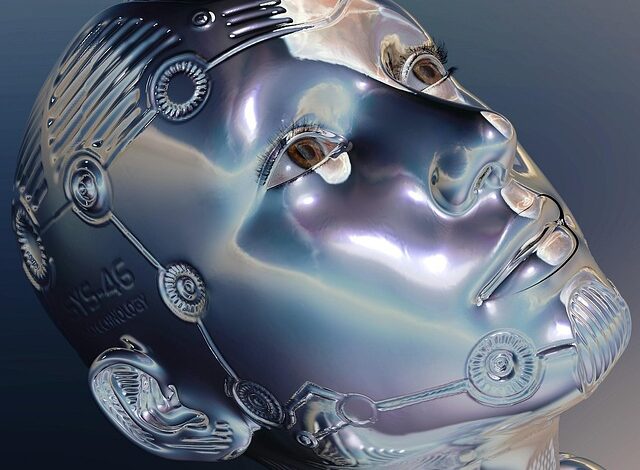The Rise of Artificial Intelligence in Everyday Technology

Artificial Intelligence: Changing the Landscape of Technology
Artificial Intelligence (AI) has become a ubiquitous presence in our everyday lives, revolutionizing the way we interact with technology. From personal assistants like Siri and Alexa to smart home devices and self-driving cars, AI is reshaping the way we live, work, and play. As the capabilities of AI continue to expand, its impact on technology is only expected to grow.

AI-Powered Personal Assistants

Personal assistants powered by AI have become a staple in many households, offering users convenient access to information and services. These virtual helpers can answer questions, set reminders, provide weather updates, and even control smart home devices. Companies like Amazon, Apple, and Google have all developed their own versions of AI-powered personal assistants, each with their own unique features and capabilities.
Smart Home Devices

The integration of AI into smart home devices has made our lives more convenient and efficient. From thermostats that adjust to our preferences to security cameras that can detect motion and send alerts, AI-powered smart home devices are changing the way we interact with our living spaces. With the ability to learn our preferences over time, these devices can anticipate our needs and make adjustments accordingly.
Self-Driving Cars
Self-driving cars are one of the most anticipated applications of AI in technology. Companies like Tesla, Waymo, and Uber are all investing heavily in developing autonomous vehicles that can navigate roads safely and efficiently. These vehicles rely on AI algorithms to interpret sensor data and make real-time decisions, enabling them to drive without human intervention. While there are still challenges to overcome, self-driving cars have the potential to revolutionize transportation and make our roads safer.
AI in Healthcare
AI is also making significant strides in the healthcare industry, with applications ranging from medical imaging to personalized medicine. AI algorithms can analyze large datasets of medical images to aid in the detection of diseases like cancer, speeding up diagnosis and improving patient outcomes. Additionally, AI can help healthcare providers tailor treatments to individual patients based on their unique genetic makeup and medical history, leading to more effective and targeted care.
Challenges and Opportunities
While AI offers tremendous potential for innovation, it also presents challenges that must be addressed. Questions around data privacy, algorithm bias, and ethical use of AI are all important considerations as the technology continues to advance. Companies and policymakers must work together to develop regulations and guidelines that ensure AI is used responsibly and ethically.
Overall, the rise of AI in everyday technology is reshaping the way we live and work. From personal assistants to self-driving cars, AI is transforming the way we interact with technology, offering new opportunities for innovation and efficiency. As the capabilities of AI continue to expand, the possibilities for its use in technology are virtually limitless. It is clear that AI will play a central role in shaping the future of technology for years to come.
